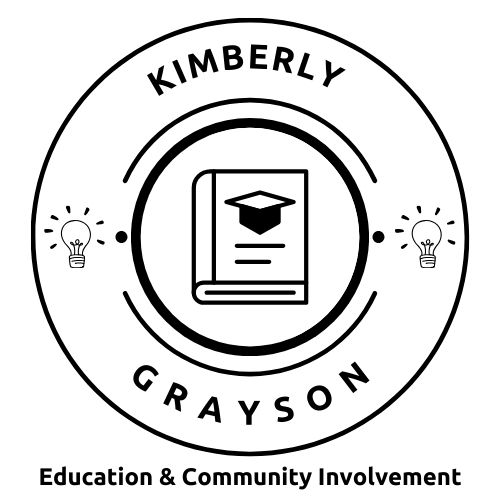Inclusive education is more than just a buzzword; it’s a philosophy that transforms lives and societies. It’s about ensuring that every student, regardless of ability or disability, has access to quality education in mainstream classrooms. Inclusive education not only benefits students with disabilities but also enriches the educational experience for all learners, fostering empathy, understanding, and a sense of community.
Understanding Inclusive Education
Inclusive education is founded on the belief that all students have the right to learn together in a supportive environment. It goes beyond merely placing students with disabilities in regular classrooms; it involves adapting teaching methods, curriculum, and the physical environment to accommodate diverse learning needs.
Inclusive classrooms prioritize collaboration, respect, and acceptance. Students with disabilities are seen as valued members of the classroom community, where their unique strengths and abilities are celebrated. By embracing diversity, inclusive education challenges societal norms and breaks down barriers that hinder the full participation of individuals with disabilities.
Benefits for Students with Disabilities
The benefits of inclusive education for students with disabilities are manifold. Firstly, it promotes a sense of belonging and self-esteem. When students with disabilities are included in mainstream classrooms, they feel accepted and valued by their peers, leading to increased confidence and a positive self-image.
Moreover, inclusive education provides students with disabilities access to the general curriculum, enabling them to learn alongside their peers and reach their full potential. It fosters independence and self-advocacy skills, empowering students to advocate for their needs and participate actively in their education.
Furthermore, inclusive education prepares students with disabilities for life beyond the classroom by promoting social skills, communication, and collaboration—essential for success in the workforce and community.
Benefits for All Students
Inclusive education benefits not only students with disabilities but also their non-disabled peers. By learning alongside students with diverse abilities, nondisabled students gain a deeper understanding of empathy, compassion, and acceptance. They learn to appreciate individual differences and develop a broader world perspective.
Inclusive classrooms also enhance academic achievement for all students. Research has shown that inclusive education leads to higher academic performance, improved attitudes towards school, and better interpersonal relationships among students.
Furthermore, inclusive education prepares nondisabled students for life in a diverse society, where they encounter individuals with various abilities and backgrounds. It fosters a culture of inclusivity and respect, laying the foundation for a more equitable and inclusive society.
Challenges and Solutions
Despite its numerous benefits, inclusive education still faces challenges. One major challenge is the lack of adequate resources and support for teachers. Many educators feel ill-equipped to meet the diverse needs of students in inclusive classrooms, leading to frustration and burnout.
To address this challenge, policymakers must prioritize professional development and training for teachers in inclusive practices. Providing educators with the necessary tools and support will enable them to create inclusive learning environments that meet the needs of all students.
Additionally, inclusive education requires a shift in attitudes and perceptions towards disability. Negative stereotypes and stigmas can create barriers to inclusion, preventing students with disabilities from fully participating in society.
Educational institutions, communities, and policymakers must work together to promote awareness, acceptance, and inclusion. By challenging stereotypes and celebrating diversity, we can create a more inclusive society where every individual has the opportunity to thrive.
Conclusion
Inclusive education is a powerful tool for breaking down barriers and promoting equality for students with disabilities. By fostering a culture of acceptance, understanding, and collaboration, inclusive education transforms lives and creates a more inclusive society for all. As we continue to champion the principles of inclusive education, we move closer to realizing the full potential of every individual, regardless of ability or disability.

